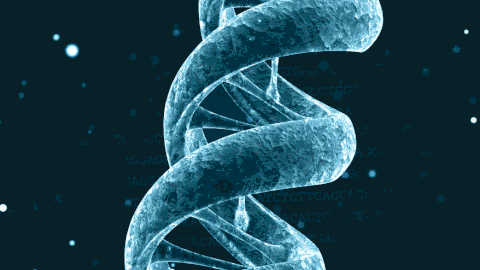
Synthetic Biology
Synthetic Biology
Unbeknownst to the public, a new generation of genetically modified organisms (GMOs) are hitting the market without appropriate regulatory oversight or assessment for health and environmental risks. In addition to transferring genetic material between organisms, like traditional GMOs, DNA and biological components can be composed synthetically and existing organisms can be genetically “reprogrammed.” A suite of new gene editing techniques are being used to develop new genetically engineered crops, animals, insects, industrial chemicals, pharmaceuticals and even bioweapons. According to the National Academy of Sciences, these new biotechnologies are virtually unregulated.
Known as synthetic biology, these emerging GMOs have been envisioned as the source of a new bioeconomy in which GMO yeast, algae and other organisms act as “living factories” to produce fuels, industrial chemicals, bioplastics, medicines and even food.
The drive for biomass to feed these synthetic organism “factories” could exacerbate the current rush to grab land from communities in the global South. The so-called marginal lands eyed by synthetic biology enthusiasts as the answer to this resource question are often the source of food and livelihood for small-scale farmers, pastoralists, women and indigenous peoples.
Synthetic organisms could impact ecosystems in unpredictable and potentially permanent ways. While other types of pollution can be cleaned up, most GMOs are living organisms that self-replicate, and once released into the environment, they may be impossible to recall. A synthetic organism could swap genes with naturally occurring organisms or outcompete them, potentially disrupting entire ecosystems as a new class of invasive species.
We work at the federal and international levels to establish a regulatory framework for synthetic biology that has the precautionary principle, transparency and democratic decision-making at its core.
Media
Civil Society Resolutions
A Call for Conservation with a Conscience – open letter against gene drives
“New technologies have played an important role in protecting life on earth, and we the undersigned support innovation and science in conservation. However, we believe that a powerful and potentially dangerous technology such as gene drives, which has not been tested for unintended consequences nor fully evaluated for its ethical and social impacts, should not be promoted as a conservation tool.”
Principles for the Oversight of Synthetic Biology
Friends of the Earth and allies released the Principles for the Oversight of Synthetic Biology, the first global declaration from civil society, endorsed by 111 organizations from around the world, outlining principles that must be adopted to protect public health and our environment from the risks posed by synthetic biology.
Resolution on Consumer Concerns about New Genetic Engineering Techniques
The Transatlantic Consumer Dialogue, a network of 77 EU and U.S. consumer organisations, states that risks to human health, animal welfare and the environment must be assessed before products derived from new genetic engineering techniques are placed on the market or released into the environment. Products must also be labeled in accordance with consumers’ rights to know and choose what they are buying, including what they eat.
Resources
Ways to Support Our Work

Read Latest News
Stay informed and inspired. Read our latest press releases to see how we’re making a difference for the planet.

See Our Impact
See the real wins your support made possible. Read about the campaign wins we’ve fought for and won together.

Donate Today
Help power change. It takes support from environmental champions like you to build a more healthy and just world.